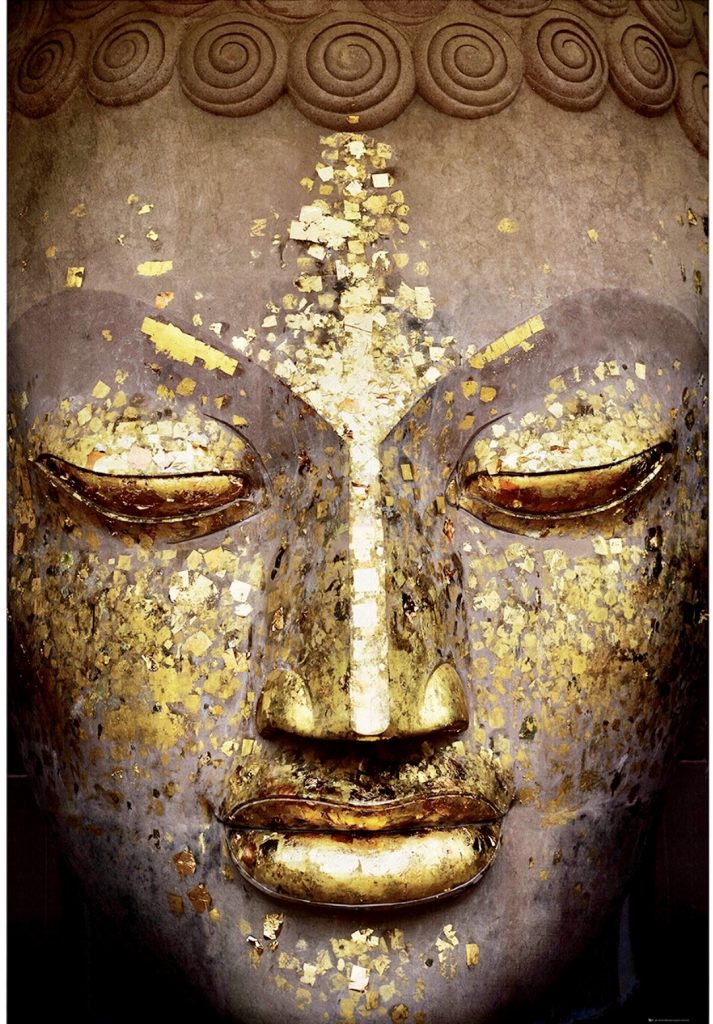APPLICATION FOR 200, 300 & 500 HOURS YOGA ALLIANCE RYS
Application Fill Out Ink Please:
Email Back to URBANYOGA813@gmail.com
Please inquire about availability for days and months Booked and
Confirmed 60 Days in Advance for YTT-
--->APPLICATION PDF

We Follow the 8 Limbs of Yoga
Yoga is a comprehensive system for well-being that extends far beyond asana (physical yoga postures); it is literally a way of life. Through various techniques and teachings, yoga is designed to increase awareness of not only your body but also your thoughts. Included in these teachings are the ten Yamas and Niyamas, which are foundational to all yogic thought.
The Yamas (restraints) & Niyamas (observances) may be considered moral guidelines that help us move deeper into our authenticity and can support the leap towards a more meaningful life. The yamas and niyamas are the first two limbs of the eight-limbed path, which is a step-by-step path towards the realization of yoga, as described in the ‘Yoga Sutras of Patanjali’. They are the most concrete places to start, as they relate directly to how you behave outwardly in the world and inwardly toward yourself. Incorporating these principles into your life can profoundly affect your yoga practice and your peace of mind. Rather than trying to integrate them all at once, choose the one or two that resonate the most with you. You may find that by simply focusing on one, the others begin to fall into place.
YAMAS
Patanjali’s Yoga Sutra lists five yamas, or moral restraints, which apply specifically to how you behave outwardly toward other beings.
- Ahimsa Non-Violence, Freedom from Harming
- Satya Truthfulness
- Asteya Non-Stealing, Freedom from Stealing
- Brahmacharya Moderation
- AparigrahaNon-Hoarding, Freedom from Grasping
Ahimsa (Non-violence, Freedom from Harming)
Minimize the amount of harm you are causing to yourself and others in thought, word, and deed, by becoming aware of how you may bring suffering to others. Patanjali’s Yoga Sutra says “When you are established in ahimsa (non-harming), others will stop harming you.” You will be a space for gentle love and kindness.
Satya (Truthfulness)
Before you speak, ask yourself, “Is it true? Is it kind? Is it necessary?” Satya includes right speech and truthful communication, as well as skillful listening. When approached with a piece of gossip, be a discerning listener. When truly practicing satya, one’s words and deeds are all in alignment with one another. Don’t think one thing and then say something else. Being truthful does not necessarily mean being as blunt as possible. Practice ahimsa as well, by telling the truth most skillfully and constructively as possible.
Asteya (Non-stealing, Freedom from Stealing)
Do not take what doesn’t belong to you. Do not take that which you haven’t earned. This applies to material things, as well as respecting others’ time, energy, and hard work. If you’re always showing up for appointments 10 minutes late, you are stealing another’s valuable time. If you take credit for someone else’s idea or hard work, that is not practicing asteya. Asteya also means balance between give and take. For some people, this may mean taking what is needed more often.
Brahmacharya (Moderation)
The yogic path discourages overindulgence in many things, including food and sex. Obsession with these things may cause you to lose touch with what is truly important in life. Brahmacharya is often described as moderation, specifically sensual. In classical yoga, brahmacharya refers specifically to sexual moderation. Never use sexuality to dominate or manipulate another being. Being faithful to your partner would be a form of brahmacharya. Don’t be too hard on yourself, everything in moderation, including moderation.
Aparigraha (Non-hoarding, Freedom from Grasping)
Develop sensitivity to what you really need. Don’t take so much that others don’t have enough. Don’t be possessed by your possessions. As long as you are lusting after the next great thing, you will always have a sense of lack, which leads to suffering and a feeling of separation. If there is something you want, take the necessary steps to make it happen. Let go of your attachment to the outcome.
NIYAMAS
Patanjali’s Yoga Sutra lists five niyamas, or observances, which apply specifically to how you conduct yourself on a more personal level.
- Saucha Cleanliness
- Santosha Contentment
- Tapas Self Discipline
- Svadhyaya Self Study
- Isvara-pranidhana Surrender
Saucha (Cleanliness)
Cleanliness and purity can be practiced on a number of different levels. A clean environment and living space: clear clutter, keep belongings organized and practice good feng shui. A clean body: clean diet, good hygiene, well-kept appearance. A clean mind: consider the amount and the quality of the information you are inputting daily and be selective about the books and magazines you read, how much time you spend online, and what television shows and movies you choose to consume. Clean company: spend time with people who uplift your spirit and inspire you to be your best and set clear boundaries if you have toxic people in your life.
Santosha (Contentment)
Look to yourself and your innate goodness for happiness; that is the only place you will truly find it. Santosha also means being present. Rather than wishing for things to be different in your life, accept and appreciate the reality of what is. Do you need things to be different to be happy? Choose to be happy now. Cultivate santosha by making gratitude a daily practice. Notice the moments you are happy, even if they seem to be few and far between. Keep a gratitude journal. Count your blessings. Remind yourself often, “I have enough. I am enough.”
Tapas (Self Discipline)
Transform yourself in the fire of positive change! The term tapas means “heat” and it refers to the discomfort that comes with breaking habitual thought and behavioral patterns to effect positive transformation in your life. If you have ever tried to break a bad habit, you will know that process is often accompanied by physical discomfort. You also recognize that the discomfort is a necessary step toward the change you are seeking. Having tapas is rolling out your yoga mat and doing your practice, even when you’d rather stay home and watch TV and eat chips. It’s pulling an all-nighter to finish an important assignment to the best of your ability. Or holding an uncomfortable yoga pose for those last three difficult breaths because you know it will make you stronger.
Svadhyaya (Self Study)
Be aware of your actions as they are happening. Reflect on them later. Use your reflections to make positive changes to your actions in the future. Taking time to reflect quietly on your day through journaling or contemplation is a wonderful way to practice svadhyaya. Studying of yoga texts and scriptures is also said to be a form of svadhyaya, as you are studying the highest self.
“The person practicing svadhyaya reads his book of life, at the same time that he writes and revises it.” - B.K.S. Iyengar, Light on Yoga
Isvara-pranidhana (Surrender)
Give your life force energy to something higher than yourself. This is devotion and surrender for the small self to the higher self. We practice isvara-pranidhana every time we dedicate or offer up our yoga practice to someone else. This has a powerful effect on your practice. It creates new sense of purpose when your practice is infused with intention and energy. Isvara-pranidhana also means letting go of doubt and making room for faith.
What's Not included
Additional activities, Airfare, Extra excursions
Ground transportation: Rent a Car or use Uber & Meals and drinks





